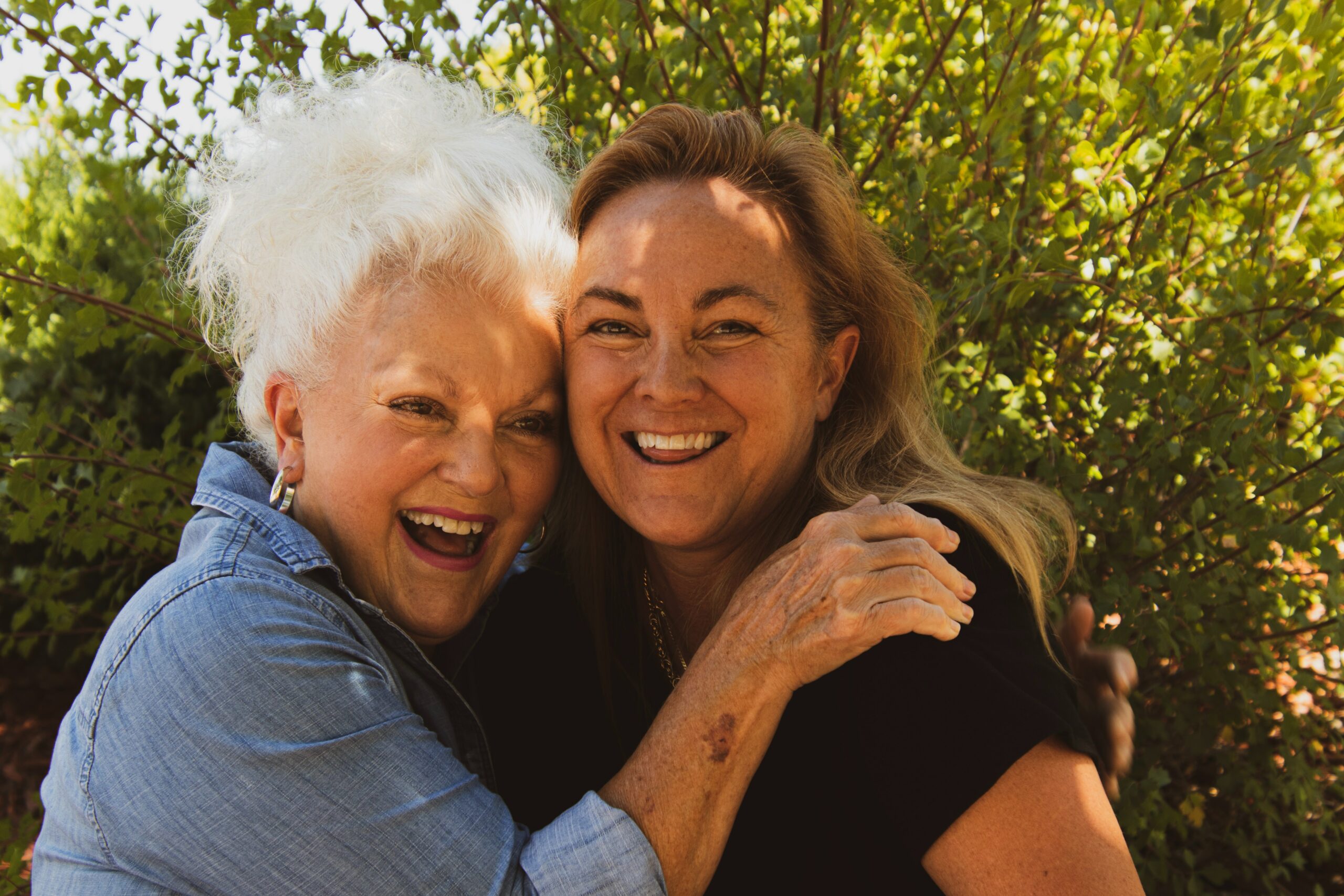Would it surprise you if I told you that one of the best ways to gain a positive and optimistic outlook is by practicing some self -compassion.
Frequently people confuse self-compassion with self-indulgence or even selfishness. But being kind to yourself is just as important as being kind to others, if not more so.
1 Self-Compassion Makes You More Optimistic
Being kind to yourself means you can stop that vicious cycle of self-blame and recrimination. It prevents you from ruminating on past mistakes and builds your resilience and confidence so you can pick yourself up and get back on track.
When you start giving yourself more kindness and encouragement, you will find you mood lifts, your anxiety levels drop and you will become more hopeful and optimistic about the future.
2 Cultivate Mindfulness
Perhaps the best way to start your self-compassion practice is to adopt a more mindful attitude to life. Being mindful focuses on the now – accepting where you are right now in life and accepting yourself as you are right now. With all your faults and all your glory. Accept that whatever you’re experiencing and feeling in the present moment is okay.
Mindfulness and self-compassion help you to overcome denial and hesitation in your reality. It allows space for hope to come in.
3 Accept that Hard Times Are Part of the Deal
We all have good time, bad times and hard times. Often the bad things that happen are out of your control. All you can do is decide how you’re going to react. Will you be overwhelmed, or will you be angry? Or will you accept and learn from your experiences, and then formulate a plan to start over?
In times of fear or illness or natural disasters or any other of life’s stressors, self-compassion allows you to take guilt or blame out of the equation and deal with whatever you’re faced with.
4 Treat Yourself As You Would A Friend
Some and pause for a moment to reflect on your reactions. What is your self-talk saying to you? Are you reassuring yourself that things will work out okay, or are you beating yourself up for something you did or didn’t do? Would you talk to your best friend like that? How would they feel?
Be as gentle in your self-talk as you would to a loved one who is in crisis. Be loving and kind, and reassuring. Give you self some compassion and some encouragement so you can help yourself get back on track towards better times.


